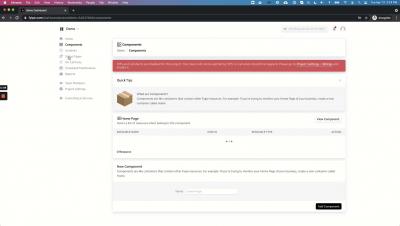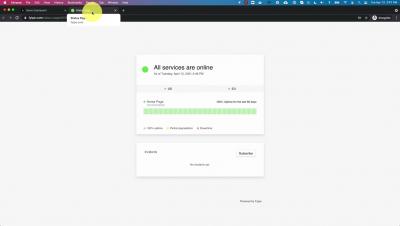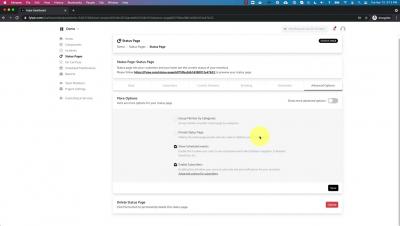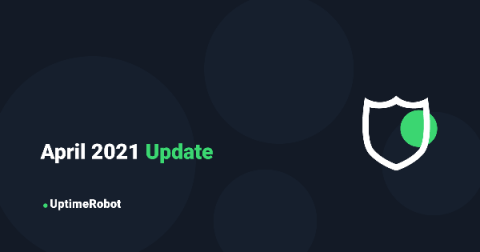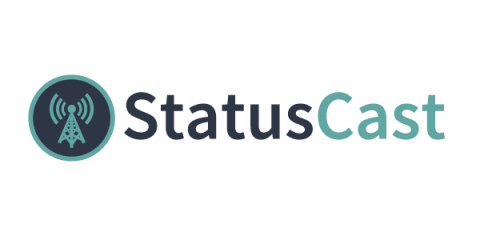Incident response: how to keep tech problems from becoming people problems
Subscribe to Work Life Get stories about tech and teams in your inbox Subscribe When one of your IT services is on fire there’s no time to waste. Especially if that fire is blocking your users from getting stuff done. Rapid resolution tends to eclipse all else during an incident, often causing your team to ignore or forget pieces of the incident response process – like keeping people in the loop.




